Electoral reform in Bangladesh is currently centered around the discussion of implementing a proportional representation system.
While the major party, BNP, advocates maintaining the existing method, most small political parties, including Jamaat, favor the PR system.
Since the interim government assumed control, there have been numerous deliberations regarding changing the electoral system.
A coalition of political parties is pushing to switch to a proportional representation system for electing the National Parliament based on the proportional rate of votes or a numerically proportional representation system instead of the current system.
However, BNP, a key political party in the country, opposes the proportional method and prefers the existing system.
It has been difficult to gauge the Awami League`s position in the altered political landscape, as many of its leaders are currently in hiding after the events of August 5.
However, during a virtual discussion on `State Reform and Constitution Amendment` last Saturday, prominent citizens expressed their support for introducing the proportional representation system.
They emphasized that elections based on proportional representation would be the most effective way to prevent autocratic rule.
Last Saturday, a seminar was held in the capital, where representatives of BNP, CPB, Jamaat-e-Islami, Jatiya Party, AB Party, Gana Sanghati Andalan, and Gana Adhikar Parishad addressed the audience.
Except BNP, all other parties supported the proportional electoral system.
In a recent reform proposal, Jamaat-e-Islami also suggested introducing the proportional representation system in national elections.
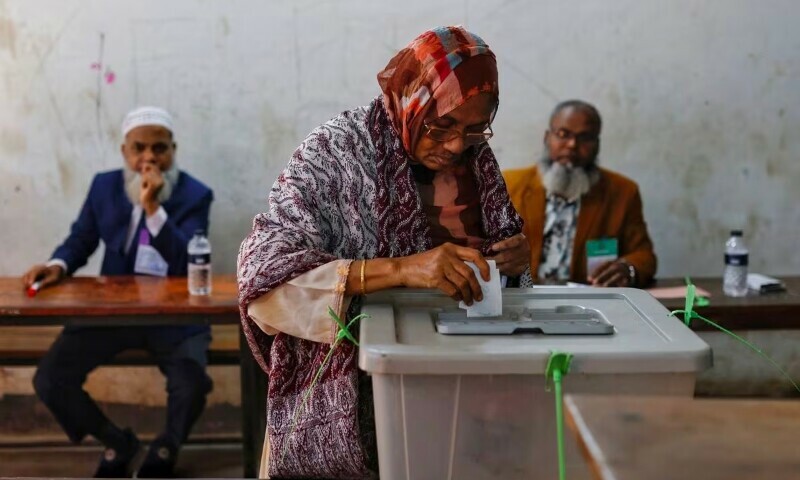
What does a proportional election system mean?
The current electoral system in Bangladesh operates on the first-past-the-post (FPTP) system.
In this system, the candidate who receives the highest number of votes in a constituency wins a seat in parliament, and the political party that wins the most seats in parliament forms the government either independently or through a coalition.
On the other hand, under proportional representation (PR), a political party or alliance secures legislative seats based on the number of votes it receives.
This system aims to better represent voters in the government, unlike majority or plurality systems such as first-past-the-post (FPTP), where the winner takes all the reward, often favoring larger parties and sidelining smaller ones.
Read More: Joy says Hasina will return to Bangladesh for election
The PR system is recognized for its inclusivity and fairness in reflecting voter preferences, and it encourages electoral participation by giving smaller parties and minority groups a legislative voice.
In PR, voters generally support a political party rather than an individual candidate, and the total vote count for each party determines the allocation of parliamentary seats.
To illustrate this in the context of Bangladesh`s unicameral legislature, if four parties—A, B, C, and D—contest, each nominating 300 candidates, and after polling it is found that Party A received 50 percent of the total votes cast, Party B received 30 percent, and Parties C and D each received 10 percent, then Party A would secure 150 out of 300 seats, Party B 90 seats, and Parties C and D 30 seats each.
In this way, all 300 seats would be filled. If a party receives only one percent of the votes, it would secure three seats in parliament, and if it receives only 0.34 percent votes, it would secure one seat.
If the ratio of votes received by a party is less than 0.34 percent, whether that party gets a seat or not would depend on an arithmetical formula to be determined.
If a party secures fewer than 150 seats, it would need to form a coalition to increase its seat count to more than 150.
This system is operational in many countries, and its functioning can be further understood by examining its implementation in countries that practice the PR system.
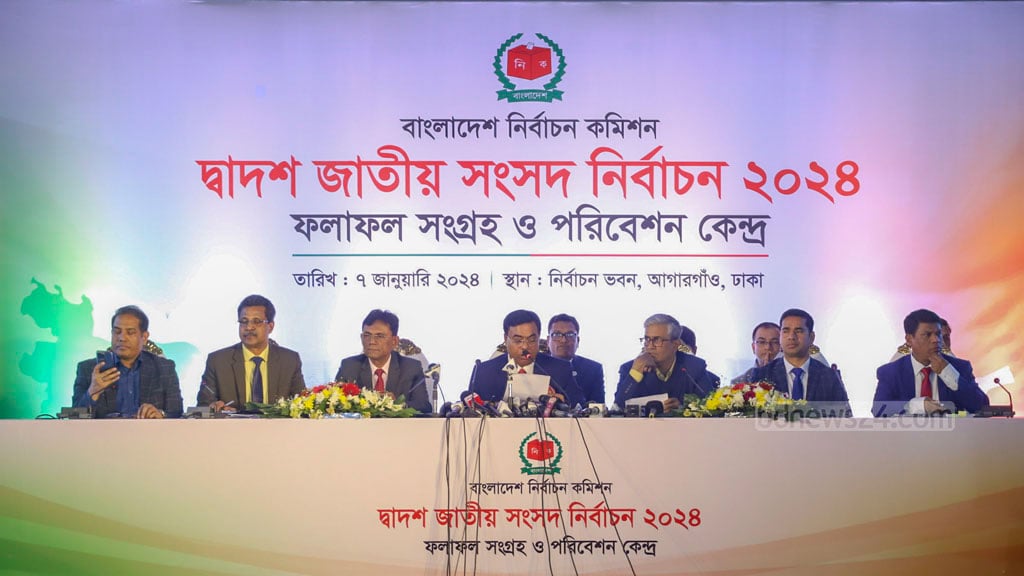
What does the expert think?
Kazi Habibul Awal, the former chief election commissioner of Bangladesh, recently expressed in an article that switching from the First Past the Post (FPTP) system to the proportional representation (PR) system, either fully or partially, could potentially enhance the country`s political system.
He believes that this change could result in more peaceful elections and a more genuine representation of voters through their elected representatives in parliament.
He also mentioned that the PR system, if implemented, could eliminate prevalent malpractices such as the misuse of power and resources, bribery, violence during elections, ballot manipulation, and election fraud. Additionally, implementing this system could eliminate the complexities of managing 300 constituencies and the need for delimitation.
It would also reduce the challenges related to independent candidate participation and contesting in multiple seats.
Another highlighted benefit was the reduced complexity of submitting nominations locally throughout the country, as nominations could be submitted centrally in Dhaka or online.
Furthermore, in the PR system, all voters would be represented in parliament, unlike the current system where a party receiving only 25 percent of the votes cast can form a government.
Habibul Awal believes that the PR system could lead to more transparent, free, fair, and credible parliamentary elections, as it has the potential to substantially reduce incidents of electoral fraud and manipulation that are prevalent in the existing FPTP system.
He also pointed out that over a hundred countries worldwide practice some form of the PR system in national elections, and he believes that Bangladesh`s demographic homogeneity could make it conducive to introducing this system. He emphasized the importance of studying the merits and demerits of the PR system in the context of Bangladesh and believes that if found suitable and implemented, it could significantly simplify the conduct of elections in the country, making them less expensive and contributing to the development of a healthier political culture and a better democracy.
In a recent discussion, Prof. Rounaq Jahan, a distinguished fellow of CPD, also stated that a proportional representation election system can potentially prevent rulers from becoming autocratic. She highlighted the need for commitments from the BNP and Awami League regarding adopting this system.
Read More: Can a proportional representation system ensure better democracy?


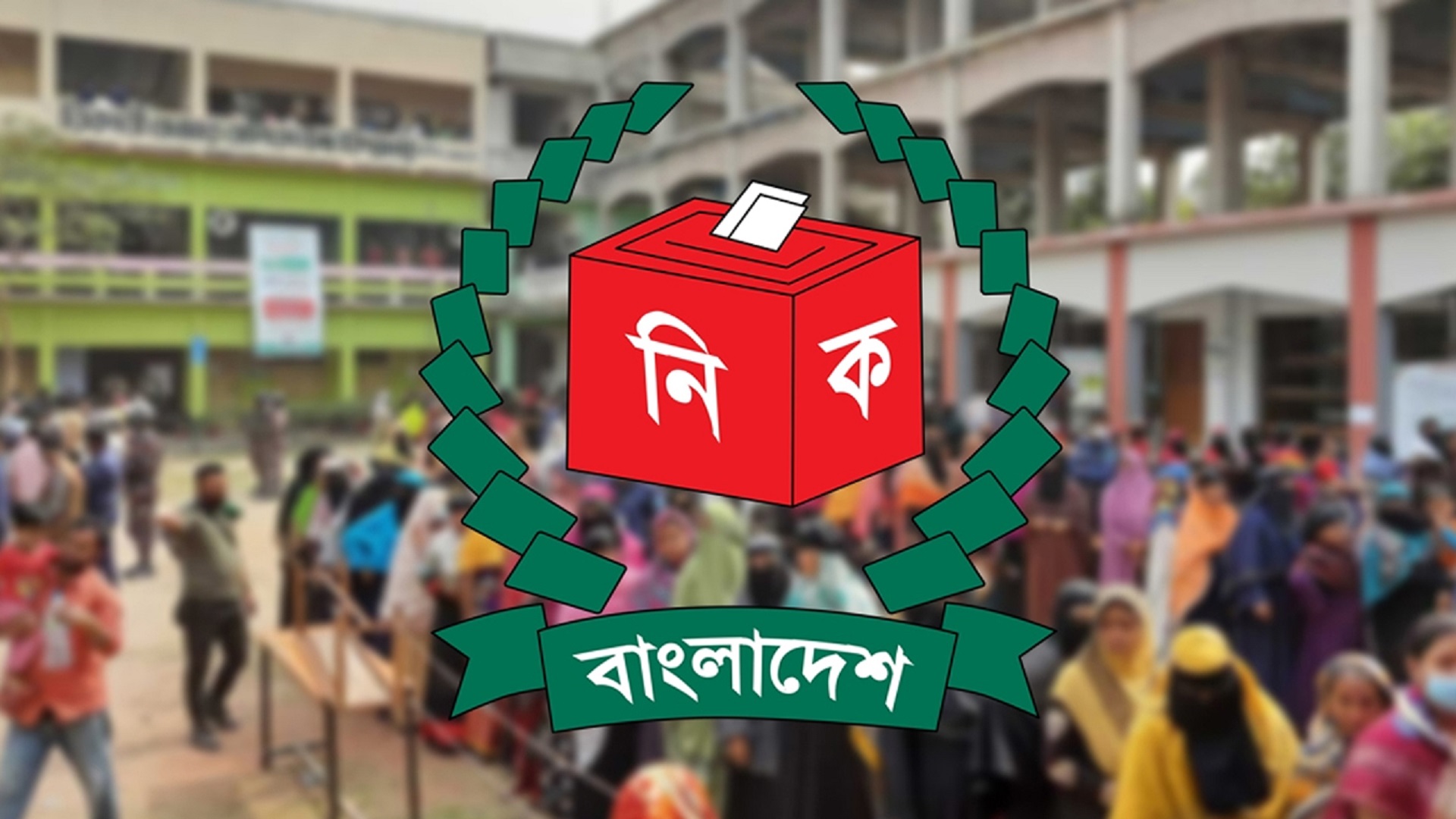





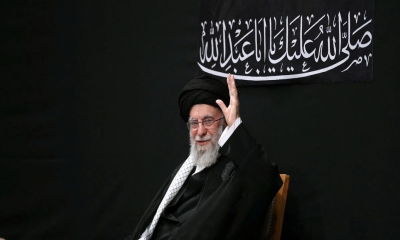
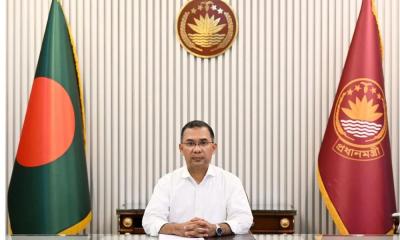

-20260305071113.webp)



-20260304091720.webp)






-20260303080739.webp)














-20260228064648.jpg)
